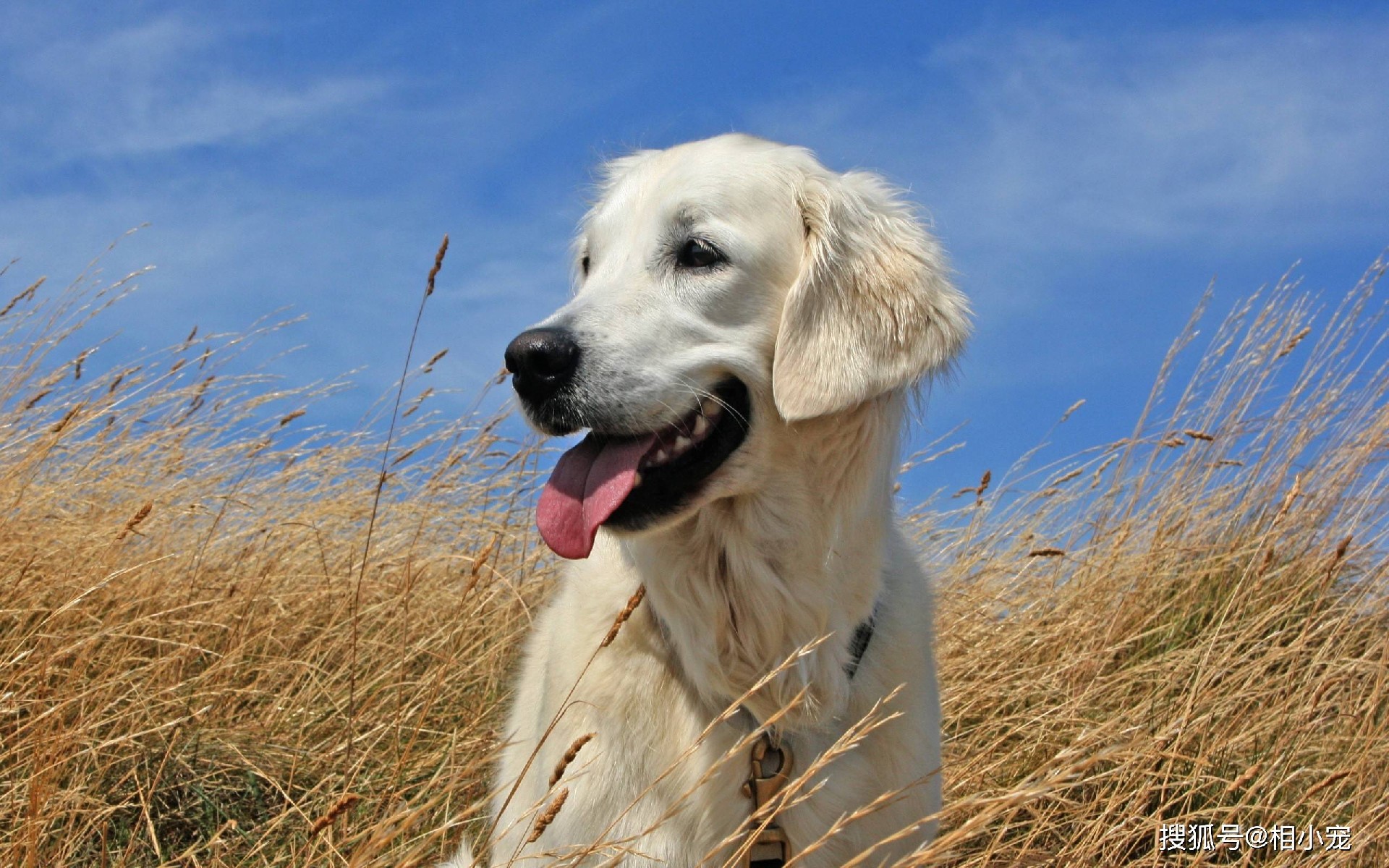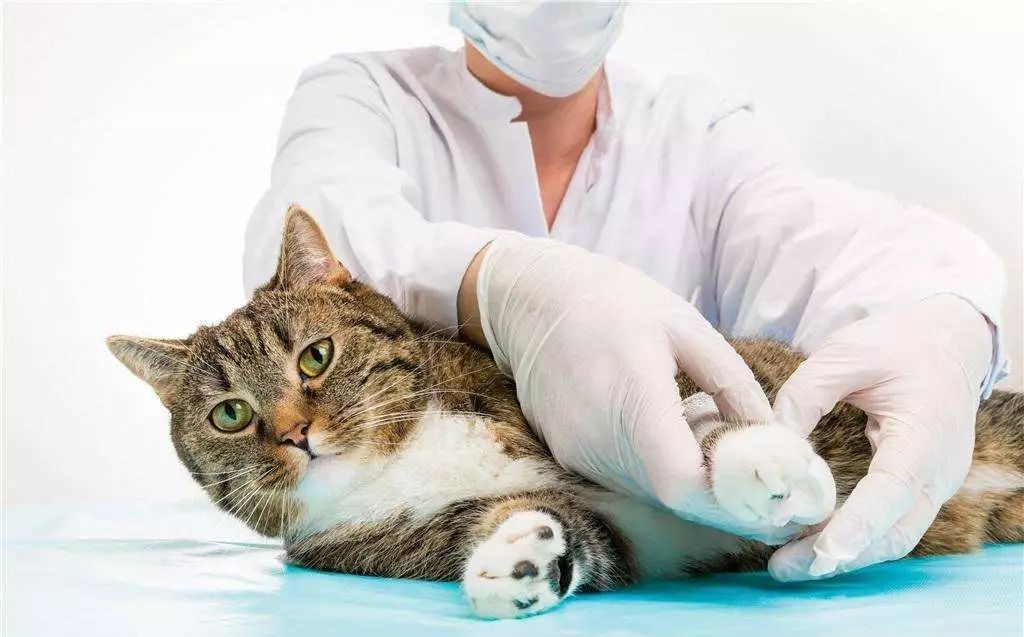Heavy snow: Popular knowledge and prevention of pet diseases in winter
Heavy snow: Popular knowledge and prevention of pet diseases in winter
Protect your pets' health in winter
As the temperature drops and the wind howls, the cold winter has already begun. For pets, this is not only a warm season for them to snuggle up to their owners, but also a special period when diseases are more likely to come to them. Understanding common pet diseases in winter and taking preventive measures is a must for every pet owner, so that their furry children can spend the cold winter safely and healthily.

Winter Pet Diseases and Prevention
Common pet diseases in winter
Respiratory diseases
Winter is cold and dry, and the respiratory mucosa of pets is easily irritated, causing symptoms such as coughing, runny nose, and sneezing. Small dogs such as Pomeranians and Chihuahuas, short-nosed breeds such as French bulldogs and pugs, and cats such as Persians and Garfields are more susceptible to tracheitis, bronchitis, and even pneumonia because their respiratory tracts are naturally narrow and their resistance is slightly weaker. Sick pets have rapid breathing, heavy wheezing, listlessness, loss of appetite, and in severe cases, their body temperature will rise.
Skin disorders
In winter, the air humidity is low, and pets lose moisture quickly from their skin, which weakens the skin barrier function and makes it dry, flaky, and itchy. Frequent scratching can cause skin damage, increase the risk of bacterial and fungal infections, and cause pyoderma and ringworm. In addition, bathing pets too infrequently, causing oil accumulation, or bathing them too frequently and using irritating shower gels can also induce skin problems.

Joint diseases
When the temperature drops, pets are more likely to have stiff and painful joints, especially in older pets and large dogs. Large dogs like golden retrievers and Labradors are heavier and their joints are under constant pressure. As they age, their joint cartilage wears out and degenerates, and the cold winter weather causes arthritis to rise sharply. Sick pets move slowly, have difficulty getting up and going up and down stairs, walk with a limp, and touching their joints can cause pain.
Urinary system diseases
Pets generally drink less water in winter, which makes their urine more concentrated. Minerals in the urine are easily precipitated to form crystals, which block the urinary tract and cause urinary system diseases such as cystitis, urethritis, and urinary stones. Male cats are more prone to urinary tract obstruction due to their narrow and long urethra, which manifests as frequent squatting, difficulty urinating, hematuria, and even painful howling due to inability to urinate.

How to prevent pet diseases in winter
Keep warm
Prepare a warm, dry, windproof nest for your pet, and cover it with a thick blanket and heating pad (pay attention to the temperature and safety of use), especially for elderly pets, young pets, and short-haired breeds. Small dogs can wear warm clothes when going out, and cats should stay in a warm place indoors as much as possible to avoid lying on the cold ground for a long time. If there is a heater at home, the temperature and humidity should be adjusted properly to prevent the air from being too dry and aggravating the respiratory discomfort of the pet.
Balanced nutrition
Pets need more energy to resist the cold in winter, so they should increase their food supply appropriately and choose high-protein, high-fat high-quality pet food to supplement their calories. At the same time, they should be paired with vegetables and fruits rich in vitamins A, E, C and minerals to enhance their immunity. Elderly pets can take additional joint health supplements to protect their fragile joints; pets with a history of urinary system diseases should be fed more wet food to increase their water intake.

Exercise regularly
When the weather is fine, take your pet out for moderate exercise to build muscle, strengthen the body, promote blood circulation, and relieve joint discomfort. The exercise time should not be too long to prevent the pet from catching a cold. 20-30 minutes for small dogs and 40-60 minutes for large dogs is enough. You can also play interactive games indoors, such as using a cat teaser to tease the cat and playing catch with the dog, to keep the pet active.
skin care
Reduce the frequency of bathing your pet. In winter, you only need to bathe it once every 2-3 weeks. Use a mild and moisturizing pet-specific shower gel to avoid disrupting the acid-base balance of the skin. Dry the hair immediately after bathing. Use pet-specific skin care spray and hair care essential oil to moisturize the skin and hair to prevent dryness and itching.

Regular medical check-ups
It is recommended to take your pet to a regular pet hospital for a comprehensive physical examination every six months, including blood routine, biochemical examination, X-ray and other items, to timely detect potential diseases. Before the winter comes, it is even more important to check the pet's respiratory tract, joints, and urinary system, so as to detect and treat them early and protect the health of your pet.
Environmental hygiene
Keep your pet's living environment clean and sanitary, regularly clean and disinfect your pet's nest, food bowl, and water bowl, and clean up excrement in a timely manner to reduce the breeding of bacteria and viruses. Regularly ventilate your home to replace fresh air to reduce the chance of your pet contracting a disease.

Although winter is cold, as long as the pet owner takes good care of their pets, takes scientific and effective preventive measures in all aspects of food, clothing, housing and transportation, they can keep their pets away from diseases and spend a wonderful winter in warmth and love.
Contact :Aine Fan
Shandong Lize Pet Products Co.,Ltd
TEL: +86 18553707508 WeChat: +86 18553707508 WhatsApp: +86 18553707508
Email:fanmingyue@lizechong.com ainefan@qq.com
ADD:Xiaomeng Town Industrial Park, Yanzhou District,Jining, Shandong
